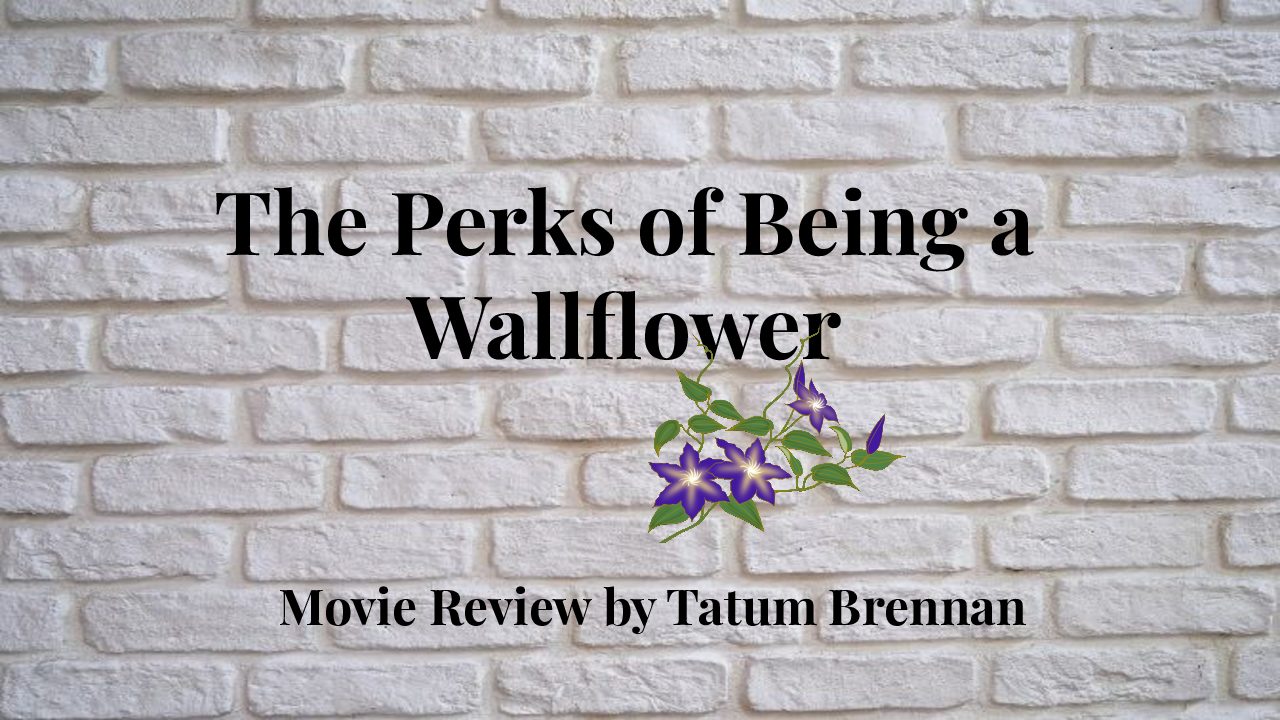Sexual harassment, it’s not going away
January 11, 2018
Harvey Weinstein, film producer. John Lassiter, Pixar and Disney Animation Chief. Charlie Rose, PBS and CBS host. Al Franken, U.S. Senator. Andrew Kreisberg, executive producer of “Arrow,” “Supergirl,” and “The Flash.” Matt Lauer, co-host of NBC’s Today. All respected and powerful members of society. These are only a few of those who have been accused of being perpetrators of sexual harassment.
It’s in the media, and it’s headlining the news. Sexual harassment continues to surface as a widespread issue in society, and it’s time that we talk about it.
“It’s important to make people aware about how they impact others,” said LBHS school psychologist Lila Samia. “You might be talking to your friends and say something sexually crude that you think is funny, but if you say it in another group of people it can be construed as sexual harassment.”
The LBUSD policy on sexual harassment specifically states that it is “[encouraged] to report observed incidents of sexual harassment even where the alleged victim has not complained.”
Whether in the classroom or in the stands at a sporting event, teenagers at times can demonstrate a lack of propriety in their use of sexually charged language.
“I think the big thing is educating people. Last year Keith Hawkins talked to us about having fun and not trying to be funny,” said athletic director Lance Neal. “We can have fun and cheer, but when we’re trying to be funny, sometimes we use words and ideas that are not funny to everybody. We say all the time that our words matter and that we’ve got to be careful how we use them.”
While harassment can come in the form of inappropriate language, it also connects to larger issues of abuse.
“I believe that sexual harassment is more prevalent an issue now than ever before. Despite the increase in women’s rights, women are still being marginalized and maltreated,” said senior Blake Hawkins. “It is important for people to realize that human trafficking and rape and sexual harassment are very prevalent around the world.”
When we think about cases involving sexual harassment, we tend to stereotype. Though most cases of sexual harassment are reported by women, the stereotype that sexual harassment affects only women is false.
Spotlight, an academy award winner for Best Picture in 2016, rehashes numerous stories of 130 grammar school boys who were sexually abused by a former Boston Catholic Church priest, John J. Geoghan. This movie not only discusses society’s avoidance of confronting sexual mistreatment, but it also describes how few men were willing to publicly come forward. So, even though sexual harassment may gain media attention through females coming forward, it remains an issue among all genders.
“It’s important to realize how big of a problem is here, in our community and our country. Recently, the people have shown that they will not be tolerant of this behavior, as seen in the Alabama Senate race, and I think it is important to continue talking about the subject. We need to keep moving forward in society, and I believe we are heading in the right direction,” said junior Sophia Costanzo.
In order to stop sexual harassment and abuse, we must keep the dialogue open. We need to teach our sons and daughters the importance of consent and treating each other with respect, and that starts at a younger age than we think.
“I always ask everybody: ‘How many of you like to be treated disrespectfully?’ No one raises their hand,” said Neal. “We all need to treat each other with mutual respect, and if we do, we’re not going to have these problems.”








